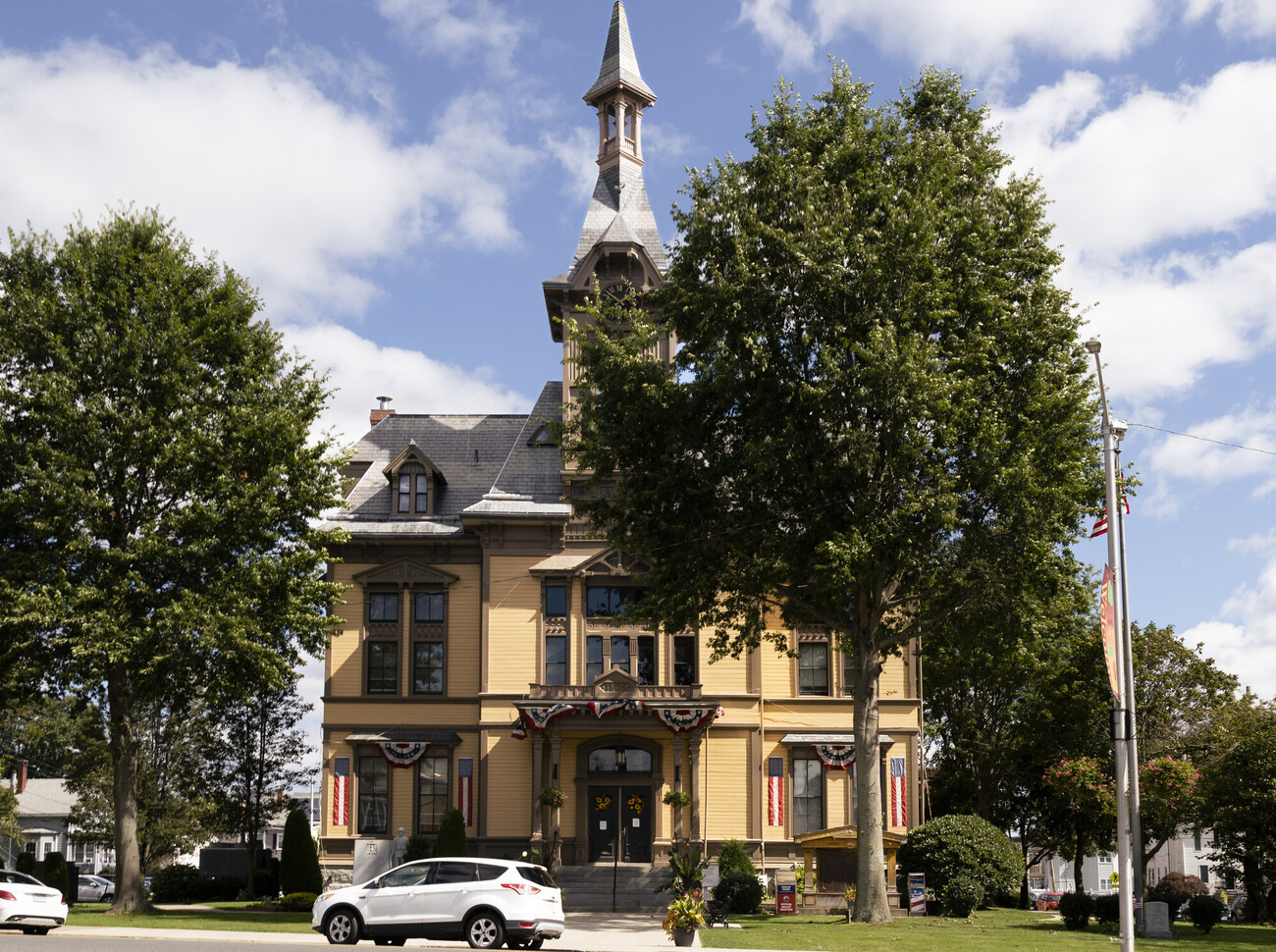

Charlie McKenna
SAUGUS — The Board of Selectmen on Wednesday set the town’s tax rate for fiscal year 2024, dropping the rate but raising the average tax bill for both residents and commercial properties on the recommendation of the Board of Assessors.
Appearing before selectmen, Board of Assessors Chair Dave Ricciardelli recommended lowering the rate for the second consecutive fiscal year because of rising property values in town. With values on the rise, property taxes inevitably grow. At the recommendation of both Ricciardelli and Deputy Assessor Iwona Zamiejska-Wilt, selectmen set the rates for the fiscal year 2024 at $10.65 and $22.05 for residential and commercial properties, respectively.
As a result, the average single-family tax bill is set to go up 3.43% — an additional $218.15; while the average tax bill for a commercial property is set to rise 22.05% — an increase of $3,380.48. In FY24, the average residential property in town is valued at $617,905, up from $565,057 in the prior fiscal year. Values for commercial properties also rose, going from $1.9 million in FY23 to $2.17 million for the current fiscal year.
Selectmen, as they have each year for decades, moved to shift the town’s tax burden from the residential class to the commercial, industrial, and personal property classes by 175%, the maximum burden shift allowed under state law. Doing so means commercial properties, like those on Route 1, will pay a higher share of the tax burden than residents.
The board’s vice chair, Jeff Cicolini, said selectmen saved the average residential taxpayer $1,200 by doing so. Board Chairman Debra Panetta said shifting the burden to the maximum amount keeps the residential tax bill as low as possible.
Most surrounding communities similarly shifted the tax burden, with Lynn, Revere, and Wakefield all taking advantage of the 175% shift. Lynnfield, Malden, and Melrose opted for less dramatic shifts at 150%, 173%, and 168%, respectively.
Still, the tax rates for commercial properties in Saugus are higher than those of each of those communities, while Saugus’ residential rate sits below those of Lynnfield, Malden, and Wakefield. Lynn, Melrose, and Revere all have lower residential rates.
In Massachusetts, communities’ tax levies — revenue they can collect from real and personal property taxes — are set by a standard formula each year. The fiscal year 2024 levy is the sum of the prior fiscal year’s levy, plus 2.5%, plus new growth — increases in the tax base resulting from new construction, parcel subdivisions, condominium conversions, and property renovations.
Saugus’ FY24 levy limit is $80,401,858, but the maximum allowable levy is $7 million higher, reflecting debt exclusions for the current fiscal year — temporary increases over the levy limit to pay for certain items over a specific period of time. For example, the new middle/high school was funded via a debt exclusion.
In FY24, Saugus saw $89.1 million worth of new growth, adding $1.6 million to the levy, the highest figure of the past five years.
24World Media does not take any responsibility of the information you see on this page. The content this page contains is from independent third-party content provider. If you have any concerns regarding the content, please free to write us here: contact@24worldmedia.com

A Brief Look at the History of Telematics and Vehicles

Tips for Helping Your Students Learn More Efficiently

How To Diagnose Common Diesel Engine Problems Like a Pro

4 Common Myths About Wildland Firefighting Debunked

Is It Possible To Modernize Off-Grid Living?

4 Advantages of Owning Your Own Dump Truck

5 Characteristics of Truth and Consequences in NM

How To Make Your Wedding More Accessible

Ensure Large-Format Printing Success With These Tips

4 Reasons To Consider an Artificial Lawn

The Importance of Industrial Bearings in Manufacturing

5 Tips for Getting Your First Product Out the Door